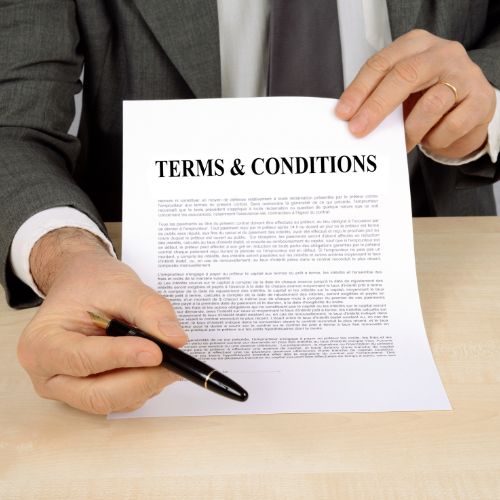Assuming your terms and conditions are up to date, if your company is trading on the presumption that your terms and conditions govern the contract, then it might be time to take a closer look at the chronology of negotiations and the usual manner in which you do business.
Often, both buyers and sellers will have terms of business which are printed on the back of orders forms, acknowledgement slips or the face of invoices. But if both parties operate under the belief that their terms apply, which one prevails?
In the case of Transformers & Rectifiers Ltd and Needs Limited [2015] EWHC 269 (TCC), two parties were engaged in litigation despite almost weekly orders between them for a period of almost twenty years. A dispute arose as to whose terms and conditions ought to govern a contract for the order and supply of goods. The English High Court found that neither party had sufficiently demonstrated that their terms ought to apply to the transaction.
The Court set out a number of principles which apply to these type of cases:
Where a business submits an order on its own set of terms, but the order is accepted by the supplier on different conditions and the contract is subsequently duly performed – the supplier’s terms will apply so long as the terms have properly been drawn to the purchaser’s attention.
Caution should be exercised when documents are sent electronically via email as the terms and conditions which are normally on the reverse of an invoice, might not be copied across or otherwise effectively communicated.
If there is a previous course of dealing between two parties, that too might be relevant and does not need to be extensive – a burst of consistent behaviour over a short time may suffice for one party to rely on that course of dealing in contending their terms apply. However, the party asserting this must have acted consistently and unequivocally.
If industry or trade standard terms apply, it will be easier for a party to assert that they should apply so long as they have provided reasonable notice of the application of those terms to the other side.
One party’s standard terms and conditions will not be incorporated into the contract unless they have given the other party reasonable notice of same.
If parties have a previous course of dealing, it is not always necessary for a party’s terms and conditions to be included or referred to in the documents forming the contract; conversely an invoice following a concluded contract effected by a clear offer on standard terms which are accepted, even if only by delivery, will or may be too late.
The key things to remember are:
- Expressly exhibit and assert your terms and conditions apply to the other side with reasonable notice
- Where possible, conduct surrounding orders should be in the same consistent manner
- Rival terms should be challenged contemporaneously, if not agreeable

